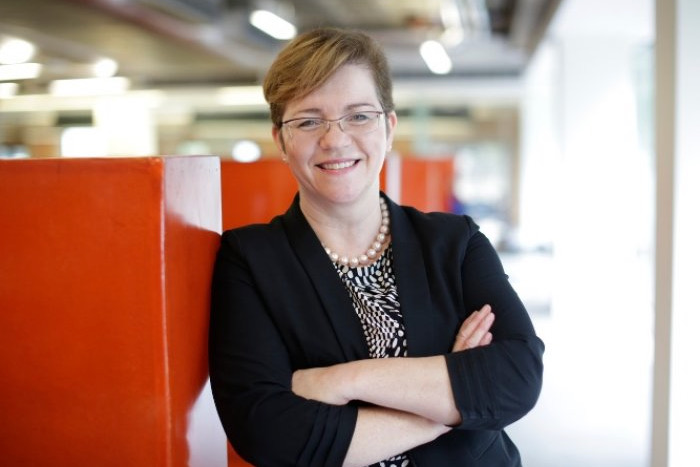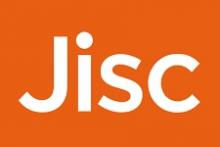‘OA should be the default’

Chris Banks
Transition to open access must be made as smooth as possible, writes Chris Banks
This month, 157 UK universities started negotiations with Elsevier, the world’s largest academic publisher. In these negotiations, universities, on behalf of their researchers and students, have two core objectives: to reduce costs to levels they can sustain, and to provide full and immediate open access to UK research.
One of the main channels through which the increase in open access to UK research is being achieved is through transitional open access agreements. Major publishers - such as Springer Nature, Wiley and Taylor and Francis Group - already offer such agreements, increasing the amount of research published open access year-on-year, with support from the sector. These agreements now cover over 50 per cent of UK research output.
Sector mandate
Jisc is supporting the negotiations and has spent the past nine months consulting with each of the 157 institutions involved. My fellow library directors and I have made it clear that the sector wants an agreement with Elsevier that supports full and immediate open access to research, and that reduces expenditure with Elsevier to levels universities can sustain, with a competitive cost per article.
This isn’t going to be easy to achieve. We are a very diverse consortium, and large-scale, multi-institution transformative agreements are notoriously complex. However, we want to make things easier for our academics and make the transition to open access as smooth as possible.
Impenetrable walls
The internet ought to have made it easier for researchers to make their work available and discoverable but, somehow, huge complexity has been introduced into these publishing deals. It’s time to unravel these interdependencies to the benefit of more open research.
Elsevier’s current contract has a baseline that is set in historic print spend and is entirely irrelevant in this day and age. We’re paying a lot of money to have impenetrable walls put round our content. It is bizarre that our investment goes into shielding content rather than paying for that knowledge to be open and free.
Covid research effort
This last year, the global effort to resolve the pandemic as quickly as possible and to further our understanding of the disease has relied on openly available research. We need shared, accessible information to make fast progress. But why is this open approach reserved just for Covid? Why not for other diseases, or global warming, or any other of our international issues? If we can make research openly available to the benefit of academic progress, why not do so for all challenges facing humanity?
The question is, what should we be monetising? With academic publishing, the difficulty is that, for most, the default position is effectively a monopolistic acquisition of copyright to the detriment of others and open knowledge. In our negotiations with major publishers, we’re seeking to move toward paying to make knowledge as widely and as openly available as possible, rather than hiding it behind paywalls. That's a far better investment than paying to put gates around it.
Solving real-world problems
One in five (22 per cent) UK research articles is published by Elsevier and, in 2021 alone, total spend with Elsevier is likely to reach £50 million. Yet we estimate that less than 25 per cent of those articles will be published open access. These costs put increased pressure on institutional subscription and open access funds.
We want to renegotiate the contract with Elsevier, so that more research funding can be invested in research and less funding is needed to support full and immediate open access of research. The more that funding goes to continued and repeated access to paywalled scholarly content, the less is available to tackle the big global problems humanity is facing.
Chris Banks is assistant provost and director of library services at Imperial College London. She is also a member of the UUK/Jisc content negotiation strategy group










